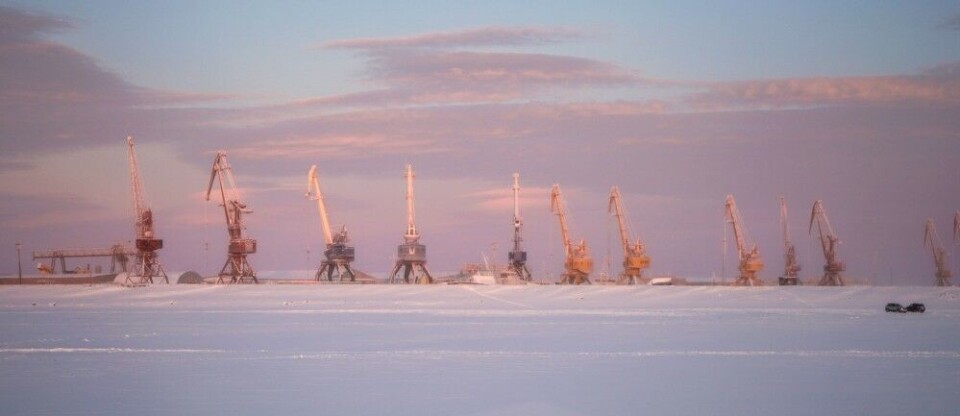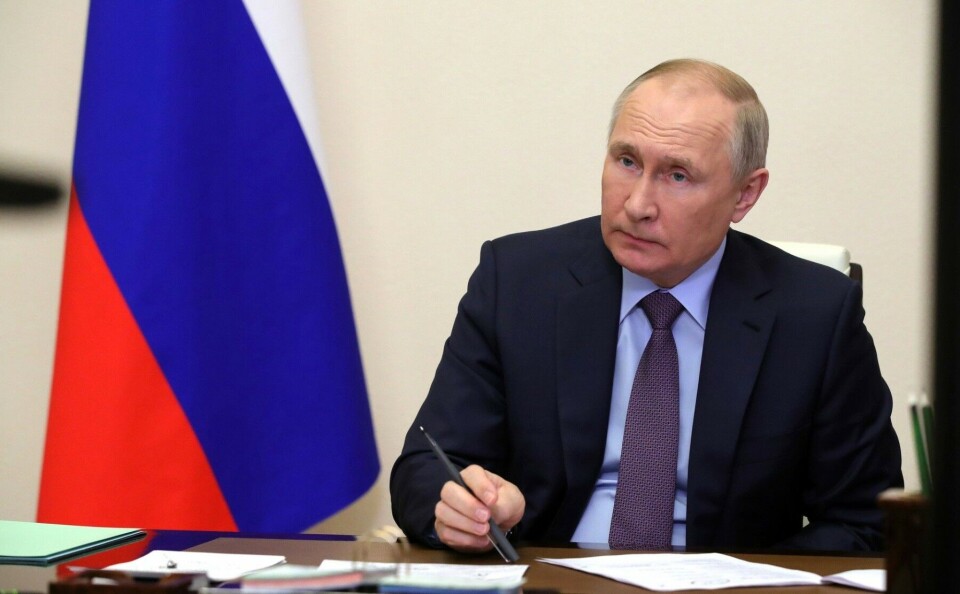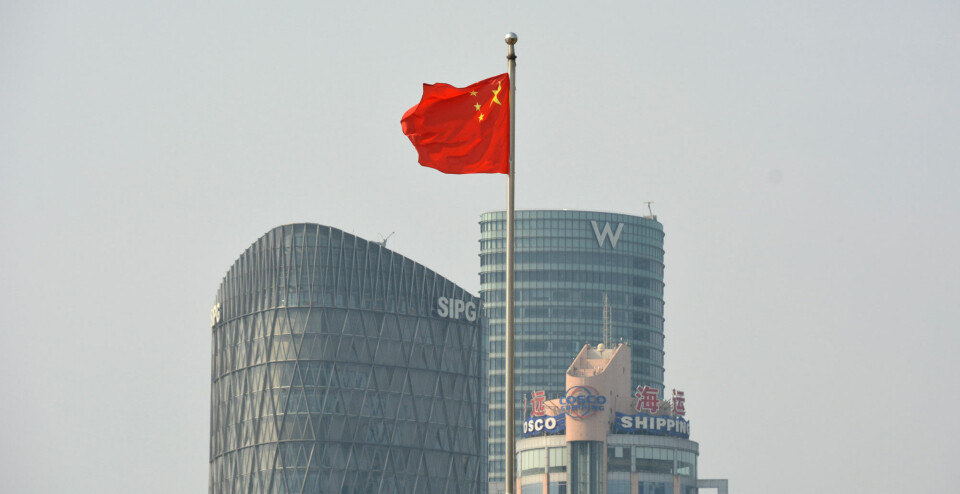
Isolated Russia says it will invite "non-Arctic" states to develop its North
Logistics chains falter, investors flee and foreign markets vanish. But President Putin argues that Russia together with countries from "outside the region" will continue to forge ahead with Arctic development.
“In the Arctic […] are concentrated practically all aspects of our country’s national security,” the Russian President said as he opened last week’s meeting on Arctic development.
Despite the isolation of the country from the international community, Putin insists there must be no backtracking on ambitions. On the contrary.

“I want to underline that considering the various external limitations and pressure from sanctions, we now must devote special attention to all the projects and plans connected with the Arctic; there can be no delays, no postponement, […]” the President said.
He admits that actions by “unfriendly countries” have led to disruption of transportation and logistical chains and that foreign countries are “no longer fulfilling contract obligations.” But Russia will quickly find alternative solutions that in the long-term perspective will only “strengthen our independence from outside factors,” Putin maintained.
He underlined that “under the ruling circumstances, we must more actively engage in Arctic cooperation with countries and alliances from outside the region.”
No specific country was mentioned, but Putin is likely to have in mind both China and India, the two countries that continue to have working relations with Moscow. Chinese state companies from before have ownership stakes in several major energy projects in the Russian Arctic, among them the Yamal LNG and Arctic LNG 2.
Also Indian companies, among them the ONGC Videsh Ltd., are represented in the Russian North, and Moscow has actively promoted projects like the Vostok Oil and the Syradasaysky coal mines to Indian investors.
China and India also have observer status in the Arctic Council, and Russia might in the remaining part of its two-year presidency in the Council seek to engage the two powerful Asian countries.
In a statement, Minister of Natural Resources Aleksandr Kozlov underlines that it is not possible to fight climate change in the Arctic without Russia. “I am confident that our Arctic neighbors will acknowledge their responsibilities and return to the joint work [in the Arctic Council],” Kozlov said in last week’s meeting.
Moscow took over the rotating two-year chair of the Arctic Council in May 2021.
Kozlov also expressed confidence that Russia will be able to build international cooperation around its new North Pole research vessel that is due to launch its first expedition in fall 2022.

Russia has over the last years invested big sums in new industry and infrastructure that is to boost its production of natural gas, oil and coal in the region. The new sanctions from the international community now threaten to torpedo plans.
According to Putin, the Arctic coal, oil and natural gas will now instead be used on the domestic market and also exported to other regions of the world “where they will be really needed.”
In a subsequent meeting this week on the situation in the national oil and gas sector, Putin underlined that energy exports must be diversified and gradually oriented towards new markets.
“We must speed up the development of infrastructure projects — railway, pipelines, ports — so that we already in the upcoming years can redirect deliveries of oil and gas from the West to the perspective markets in the South and East,” he told government ministers.
That includes also countries in Africa, Latin America and the Asia-Pacific region, he explained.
Vladimir Putin continue to reiterate his mantra that the Arctic is “not a field of geopolitical intrigue, but as a territory of dialogue, stability and constructive cooperation.”
Those words, however, sound increasingly hollow following his country’ repeated violations of international law and its war and lawless actions in Ukraine and elsewhere.

















